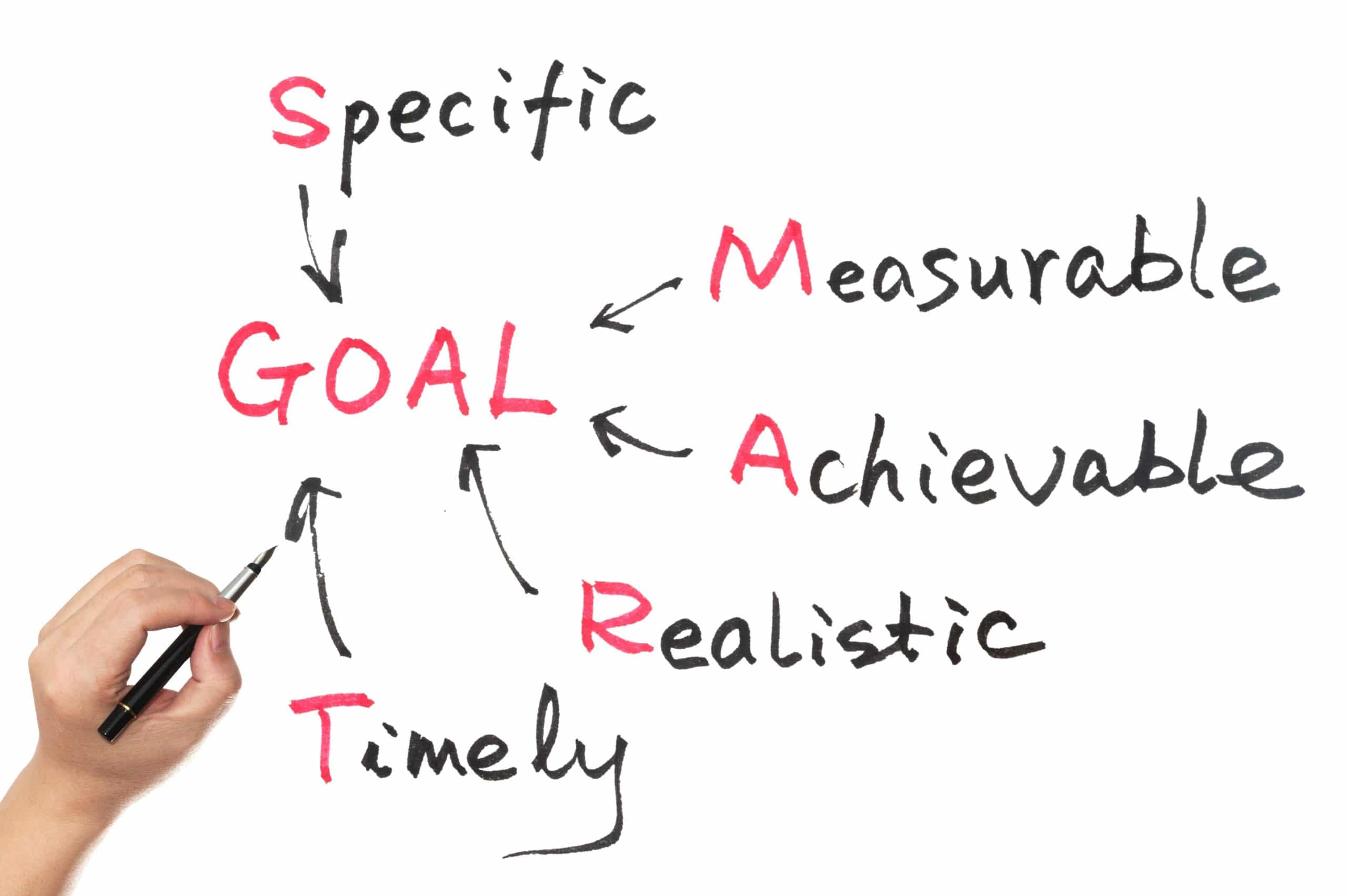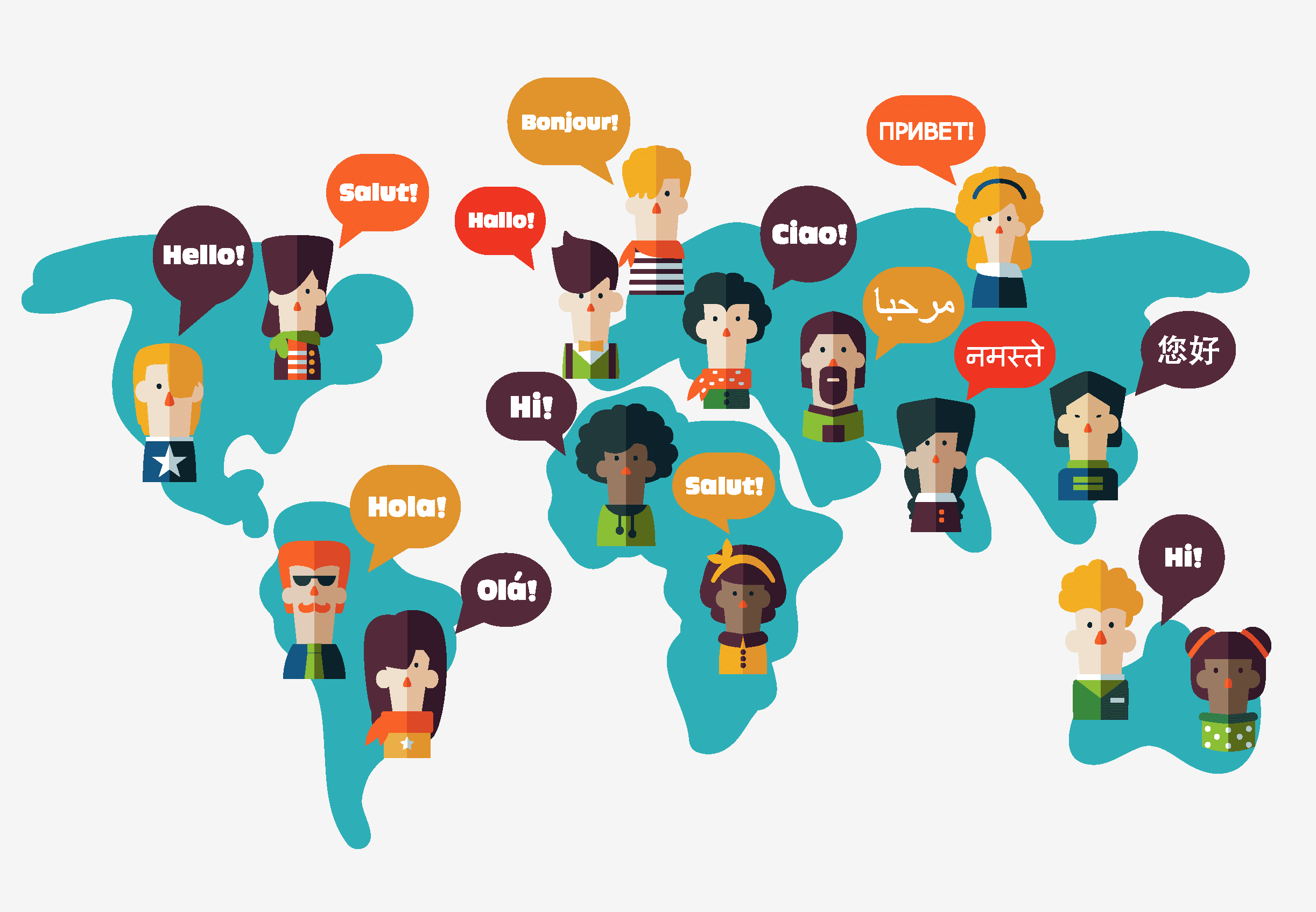A challenge that some people find daunting is learning a foreign language. Learning a second language can help us better communicate with individuals from other countries, whether it’s for education, business or personal adventure. There are numerous techniques to make studying a foreign language, such as the native language of your study abroad destination, not only more effective but also more pleasant.
Here are three language learning suggestions to get you started!
-
Make language study more useful — and enjoyable!
Did you ever desire to accomplish something just because someone told you it was important when you were a kid? Most likely not. The same is true when it comes to learning a foreign language. It is doubtful that someone will be motivated to learn a foreign language just because they have been instructed to do so by someone else. No matter how much you yearn to see the world, it’s difficult when you have to learn a foreign language just how much work it actually is.

One of the most best ways to learn a language is to begin with your own interests. When studying a foreign language, the key to remaining motivated and sticking with it is to make it relevant and enjoyable. Keep in mind that each student has his or her own favoured method of learning a foreign language. In the event that typical learning methods aren’t engaging you, let’s not be hesitant to come up with new ideas and try something novel — for example, using props and puppets, dancing around and acting out new vocabulary terms as you learn them.
-
Improve your memory by using mnemonics.

Mnemonics are memory aids — or, to put it another way, tricks — that make it easier to remember and recall information. As a bonus, this is regarded to have been one of most successful language-learning strategies available.
Consider the following scenario: you want to ask your host family some basic questions over dinner. By connecting appropriate vocabulary to similar-sounding words, or even acronyms, from your own language, retaining new vocabulary and jargon will be a snap.
Other mnemonic strategies for learning a second language include putting the initial letter of each word in a list or sequence or hilarious phrase. This strategy can also be used to learn a new language in a foreign country so that you can remember it effortlessly when you’re there.
-
There is no substitute for practise!
Learning a new language, like any other ability, requires practise. One of the most effective methods to learn a language is to include it into your daily routine so that it becomes second nature — much like brushing your teeth before bed every night!
A Post-It Method, to be more exact, is one of the most effective methods for learning another language and implementing it into your daily life. If you choose this strategy, you’ll name rooms and household goods with Post-It notes, which will indicate what they’re called in the target language.
Maintaining consistency is key when learning a new language. This means going back and reviewing previous practise materials as well as learning new ones. In order to learn a new language, it is recommended that you rewrite your notes from the previous day and practise what you learned the day before. Working, studying, and travelling at the same time has never been easier.
While English is widely spoken globally, we strongly advise everyone to linguistic skills regardless. It will assist you in making new acquaintances, navigating your new city, and immersing yourself in the local culture.

So don’t put off learning the language till you arrive. Take advantage of our language-learning advice and get started on your adventure — you’ll be glad you did!








